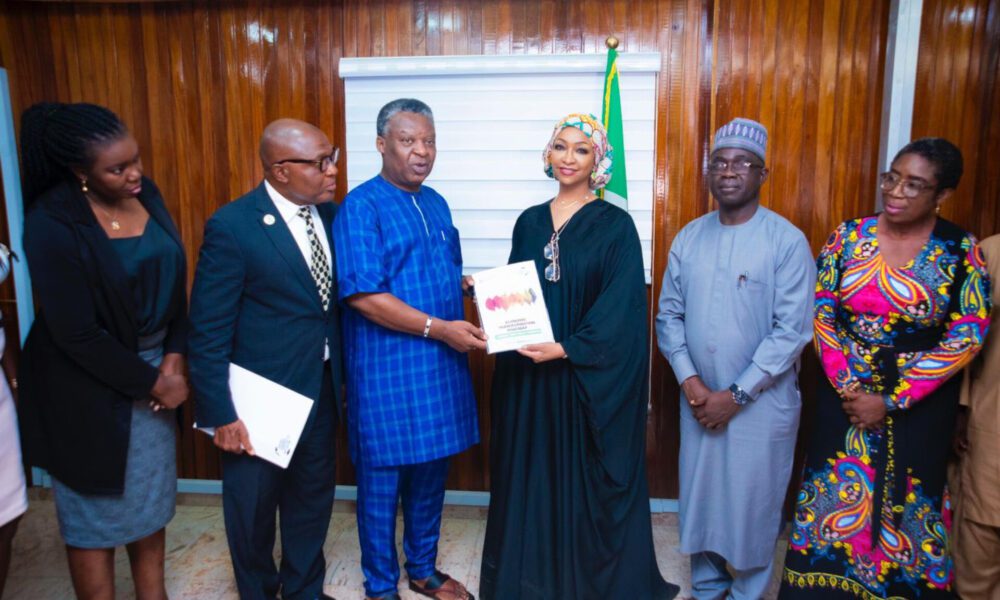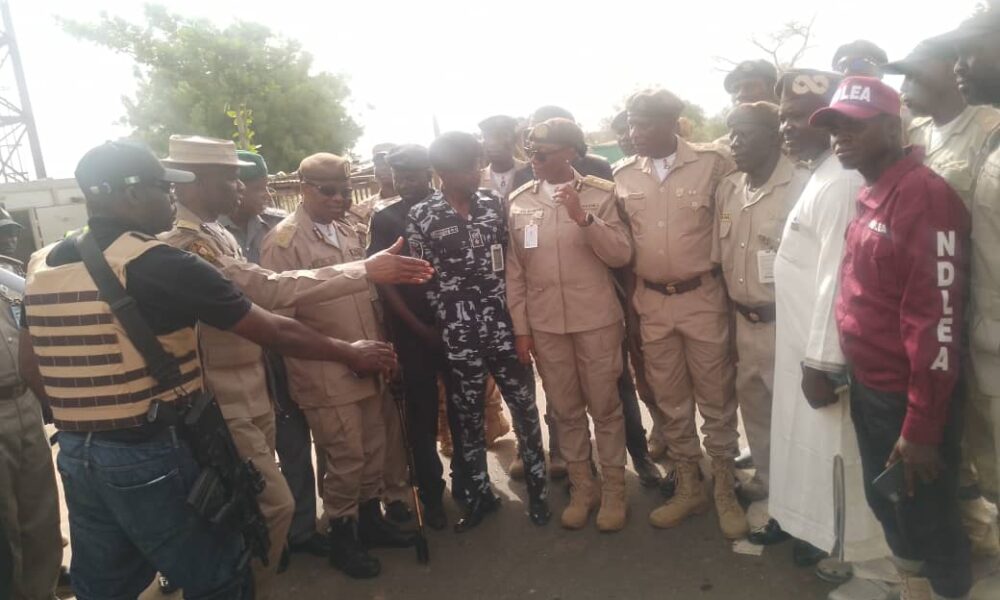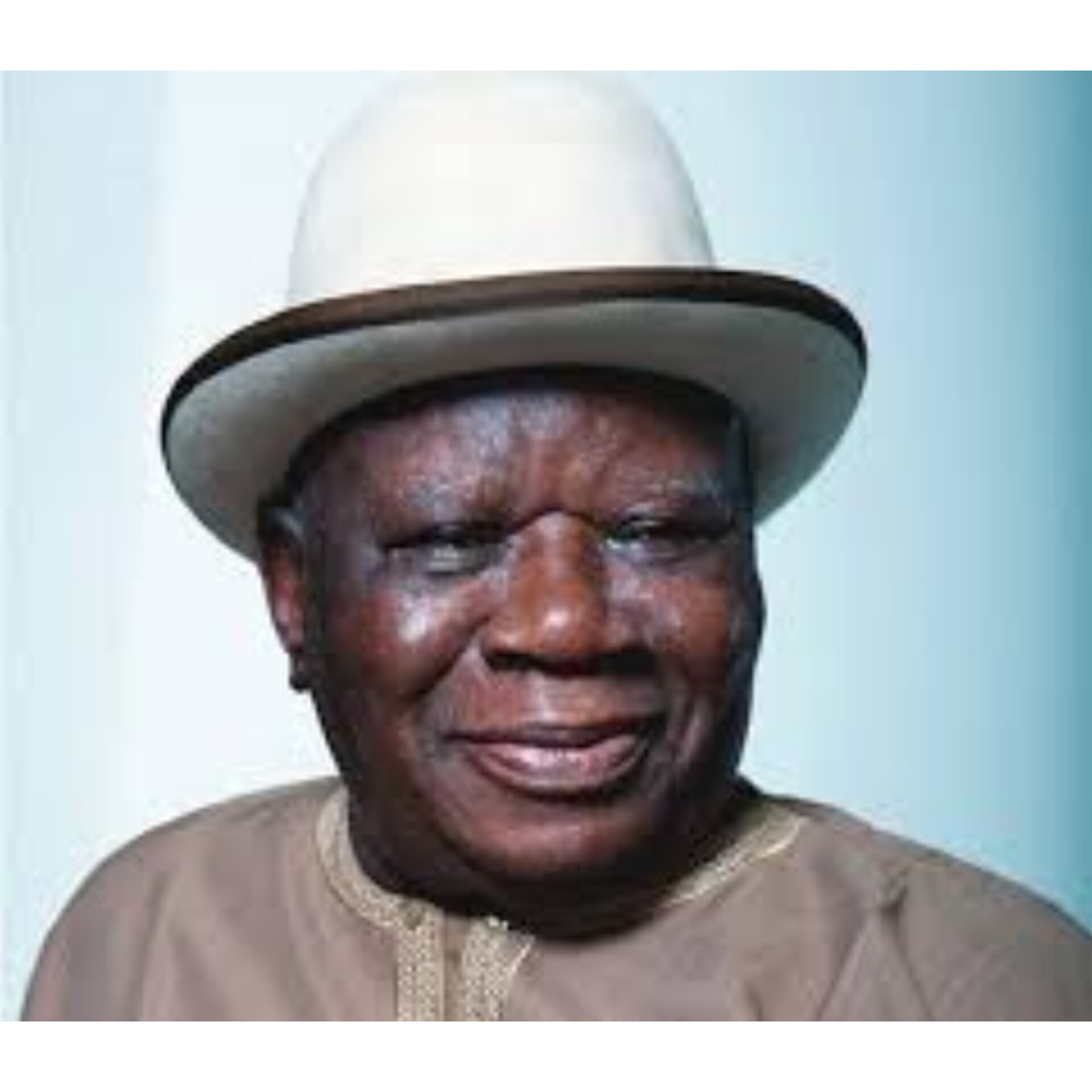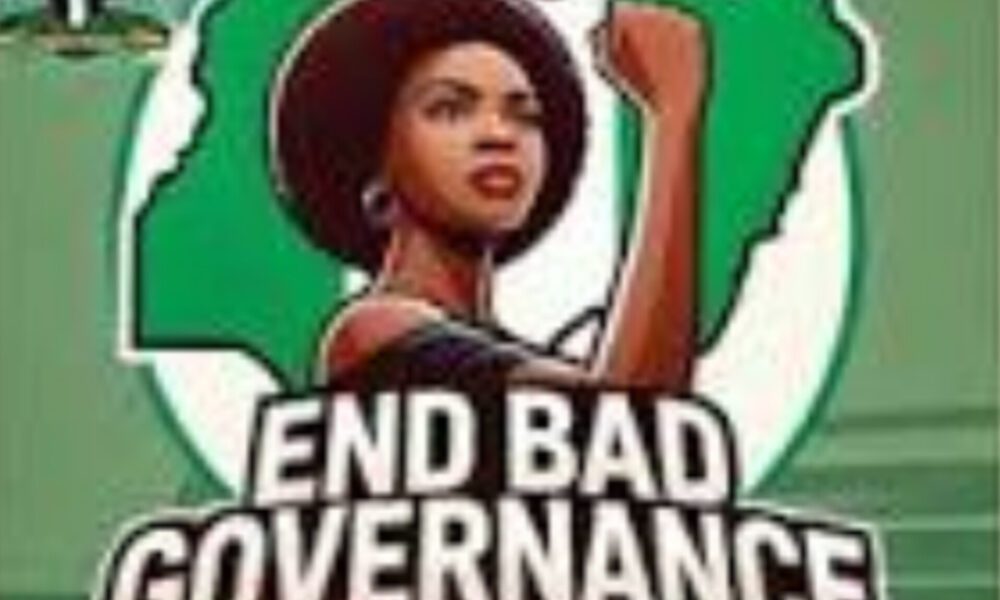he Ministry of Art, Culture and the Creative Economy is exploring a framework for financing the development of Nigeria’s creative economy to create twenty million jobs by 2027.
The Minister, Hannatu Musa Musawa made the disclosure at an interaction session with the Nigerian Economic Summit Group NESG in Abuja on Wedneday. 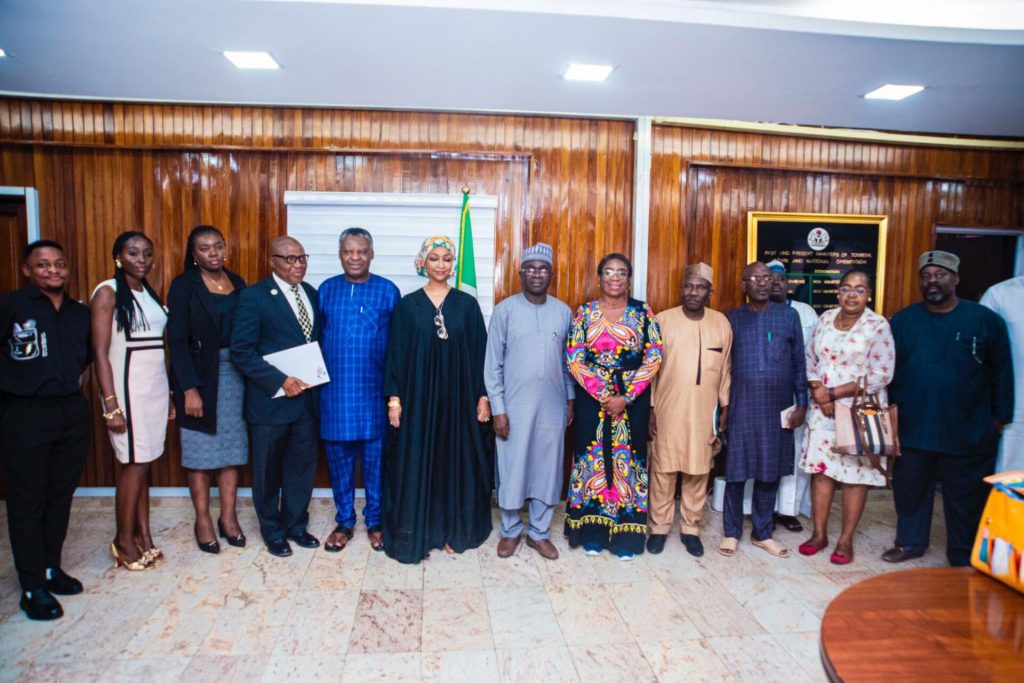
Special adviser on media to the minister Nnekka Ikem Anibeze quoted Musawa to have expressed the optimism to work with the NESG on fund generation and capacity building through which the ministry can contribute 100b to the nation’s Gross Domestic Product by 2030.
“With the support of NESG, the private sector and the right funding mechanism, I think we can do so much to help Nigeria out of the doldrums. The Federal Ministry of Art, Culture and the Creative Economy is the happy place of Nigeria no matter what. This is the sector that Nigerians want to hear about; the art, the films, the music … it is an expression of who we are.

“This is something that we really want to tap into especially now that the whole world is interested in the Nigerian content. With this, we can reposition Nigeria, so we came up with this brilliant initiative, Destin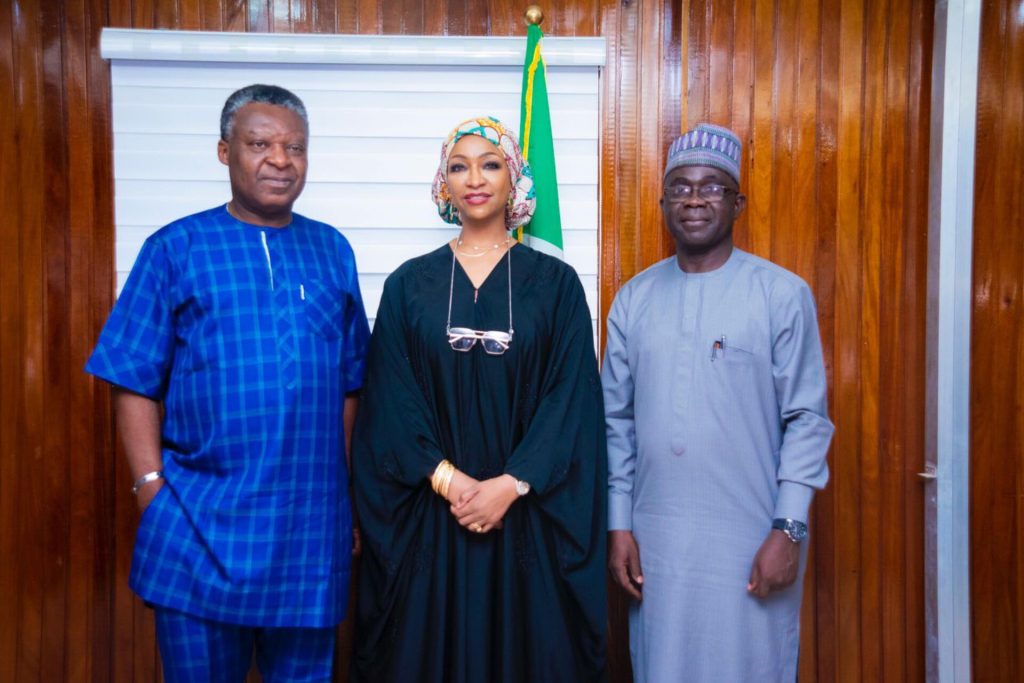 ation 2030 which is poised to change the narrative of Nigeria.
ation 2030 which is poised to change the narrative of Nigeria.
“The government will work towards producing a conducive environment that encourages growth and private investment to ensure that Nigeria’s cultural influence transcends borders as a brand, and unites Nigerians across all initiatives.
“We need to prove to the administration that the ecosystem can really bring value back. So it is not just about giving to the creatives by investing in them, but by also proving that we can get back the value, all the way down to the grassroots. So, funding for our programs is very key and I would love to share a number of these initiatives and programs with you to see where we can pull the funds from,” Musawa stated.
Earlier, the Nigerian Economic Summit Group led by the facilitator on Tourism, Hospitality, Entertainment, the Creative Economy, and Sports Dr. Ikenna Nwosu, said that NESG will provide technical assistance to the ministry to enable it to attract the funds.
Dr Nwosu also expressed readiness to collaborate with the ministry to update the National Policy on the Creative Industry and also train the ministry’s staff on efficient data collection.
“We discovered that the ministry does not have a National Policy on Creative Economy. It does not have an updated National Policy on Culture. The one they have is since 1988. We don’t have a National Policy to incentivize the sector. There are other sectors that were incentivized by government like the gas and telecommunication to build initiatives and train the operatives in the sector”.
Nwosu pledged support to the Ministry to enable them to carry out its mandate.
“The NESG decided that we must give the Honourable Minister the full complement of our human, technical, and development partner expertise to succeed.
“There is no limit to what she asks us to do . We are at hand to do it on a
24-hour basis and this is a commitment that we have made. We have demonstrated it and will continue to demonstrate it”.

